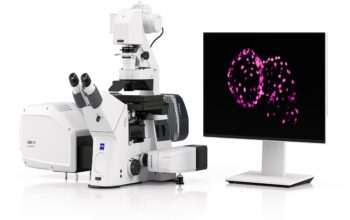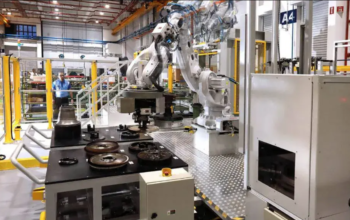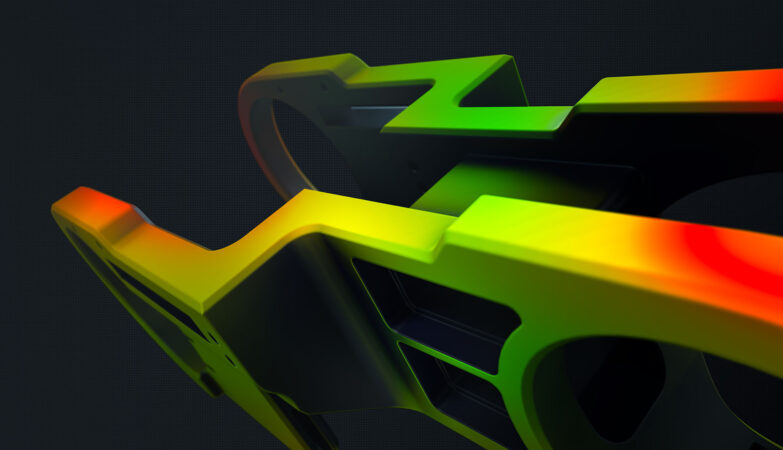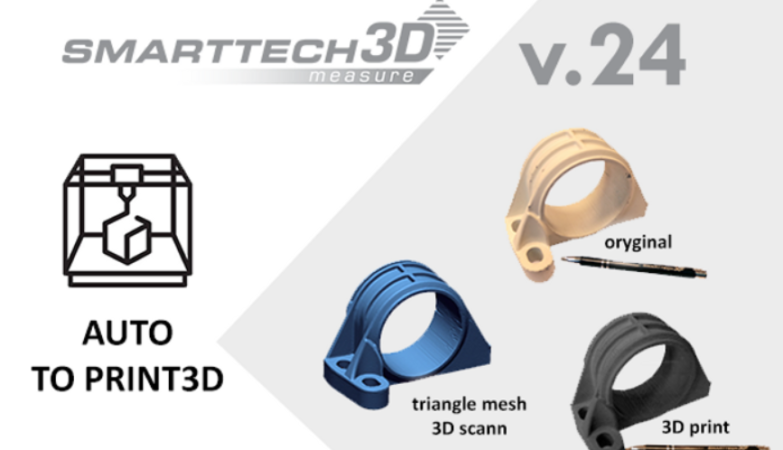3DCS Design Variation Analyst, 3DCS Viewer, and 3DCS Mechanical Variation Modeler create a scalable solution to tolerance analysis and simulation.
Dimensional Control Systems (DCS) announces the availability 3DCS Design Variation Modeler (DVM), a new addition to 3DCS Solution Suite. Along with 3DCS Viewer, 3DCS Mechanical Variation Modeler, and 3DCS Variation Analyst, the addition creates a scalable solution to tolerance analysis and simulation.
3DCS Design Variation Modeler is an easy-to-use tolerance stack-up simulation tool. 3DCS DVM uses a single multi-purpose “move” to assemble products and analyze them in three dimensions. Utilizing CAD PMI to quickly build models by extracting GD&T, moves, and measures straight from the CAD, DVM makes modeling quick and efficient, helping you get the answers you need.
As part of the 3DCS Solution Suite, 3DCS DVM incorporates into a scalable solution to provide tools to help integrate tolerance analysis and simulation across your organization. The simple interfaced 3DCS Viewer allows for model interrogation as well as 3DCS DVM for easy stacks and tolerance analysis, and the complete toolset of 3DCS Variation Analyst. The 3DCS Scalable Solution provides each level of your organization the tools they need to improve quality and reduce manufacturing risk.
“We’re excited to introduce DVM into our solution set, to augment and support our flagship software 3DCS VA,” says John Mathieson, DCS CEO. “Our goal is to extend the reach of tolerance analysis to all those engineers and designers who need a faster, easier solution that provides quick and accurate results. These studies then pave the way for the computer-aided engineering (CAE) team to pick up and turn basic answers into in-depth dimensional models, providing real insight into the design requirements, and creating robust models that ultimately reduce scrap and waste in production.”
The 3DCS Solution Suite is the standard for advanced tolerance analysis software across many industries. Used daily by OEMs in aerospace, automotive, electronics, medical device, and energy sectors, 3DCS gives designers and engineers the tools they need to identify potential build issues and iteratively resolve them, all through 3D digital simulation.
As an integrated tolerance analysis package, 3DCS DVM, along with the other software tools of the 3DCS Solution Suite, is integrated into major CAD platforms to streamline adoption, training, and use. Opening as an additional workbench in CATIA V5, 3DEXPERIENCE, NX, CREO, and SOLIDWORKS, the integration is seamless, leaving many users unaware that they are using a third-party tool. This integration makes it easy to incorporate 3DCS software into existing processes, and quickly see the benefits in reduced manufacturing costs and scrap.
“Design Variation Modeler provides a new tool for engineers who have been using Excel to calculate tolerance stacks. Excel can give a quick answer, but often leaves out a lot of inputs and influences, while also requiring the user to start over whenever there is a change to values, PMI, or other inputs,” says Dave Johnson, 3DCS product manager. “DVM gives these same engineers a tool to quickly calculate the stack-ups while incorporating three-dimensional inputs, and making it easy to apply changes and get new answers without the tedious work of redoing the entire stack.”
Visit the DCS free on-demand webinar to see 3DCS DVM first hand, or visit the website to learn more about 3DCS Design Variation Analyst.
ABOUT THE AUTHOR

Dimensional Control Systems (DCS)
Dimensional Control Systems (DCS), based in Troy, Michigan, is focused on the methodology of dimensional engineering. DCS offers world-class tolerance analysis and quality data management software solutions and services to manufacturing companies worldwide. No matter what the product or process, dimensional engineering is an effective element of product life-cycle management (PLM). Dimensional engineering emphasizes digital assembly variation simulation and web-based data management of inspection data for comprehensive support of a company’s quality objectives.









